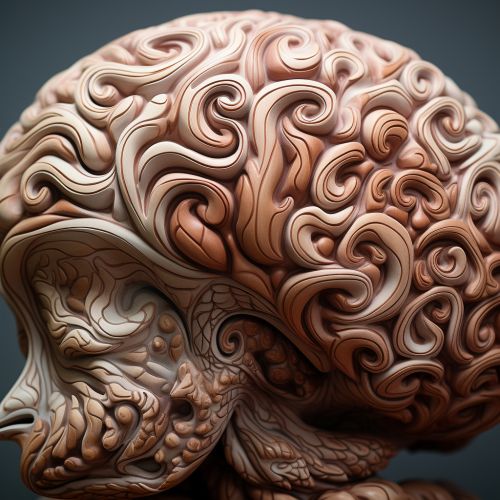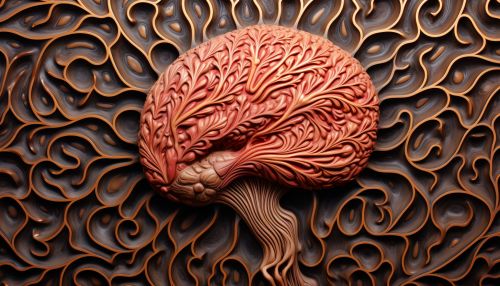Unconscious mind
Overview
The unconscious mind, also known as the subconscious, is a term coined by psychologist Freud to describe the part of the mind that operates below the level of conscious awareness. It is a reservoir of feelings, thoughts, urges, and memories that are outside of our conscious awareness. The unconscious mind plays a crucial role in shaping behavior, habits, and personality.


History
The concept of the unconscious mind has been acknowledged since ancient times and has been explored across a wide range of disciplines, including philosophy, psychology, and neuroscience. However, it was Freud's psychoanalytic theory that brought the concept into mainstream psychology.
Freudian Theory
Freud's psychoanalytic theory proposed that the mind is divided into three parts: the conscious, the preconscious, and the unconscious. The conscious mind includes everything we are aware of, while the preconscious contains thoughts and feelings that are not currently in conscious awareness but can be brought to consciousness. The unconscious mind is a repository of feelings, thoughts, urges, and memories that are difficult to bring into conscious awareness.
The Unconscious in Cognitive Psychology
In cognitive psychology, the unconscious mind is viewed as a processor of information that we are not aware of. This view suggests that the unconscious mind plays a significant role in how we perceive and interpret the world around us, influencing our thoughts, feelings, and behaviors in ways that we are not consciously aware of.
The Unconscious in Neuroscience
Neuroscience has provided empirical evidence supporting the existence of the unconscious mind. Research has shown that the brain is constantly processing information, even when we are not consciously aware of it. This unconscious processing influences our conscious thoughts and behaviors.
The Unconscious in Clinical Psychology
In clinical psychology, the unconscious mind is often explored through therapeutic techniques such as psychoanalysis and cognitive behavioral therapy. These techniques aim to bring unconscious thoughts and feelings into conscious awareness, helping individuals understand and manage their behaviors.
The Unconscious in Social Psychology
In social psychology, the unconscious mind is seen as playing a key role in social perception and interaction. Unconscious biases and stereotypes can influence our perceptions of others and our interactions with them, often in ways that we are not consciously aware of.
The Unconscious in Cultural Psychology
In cultural psychology, the unconscious mind is seen as being shaped by cultural norms and values. Our unconscious thoughts and feelings are influenced by the cultural context in which we live, and these unconscious influences can shape our behaviors and interactions.
Conclusion
The unconscious mind is a complex and fascinating aspect of human psychology. It influences our thoughts, feelings, and behaviors in ways that we are often not consciously aware of. Understanding the unconscious mind can provide valuable insights into human behavior and the nature of consciousness itself.
